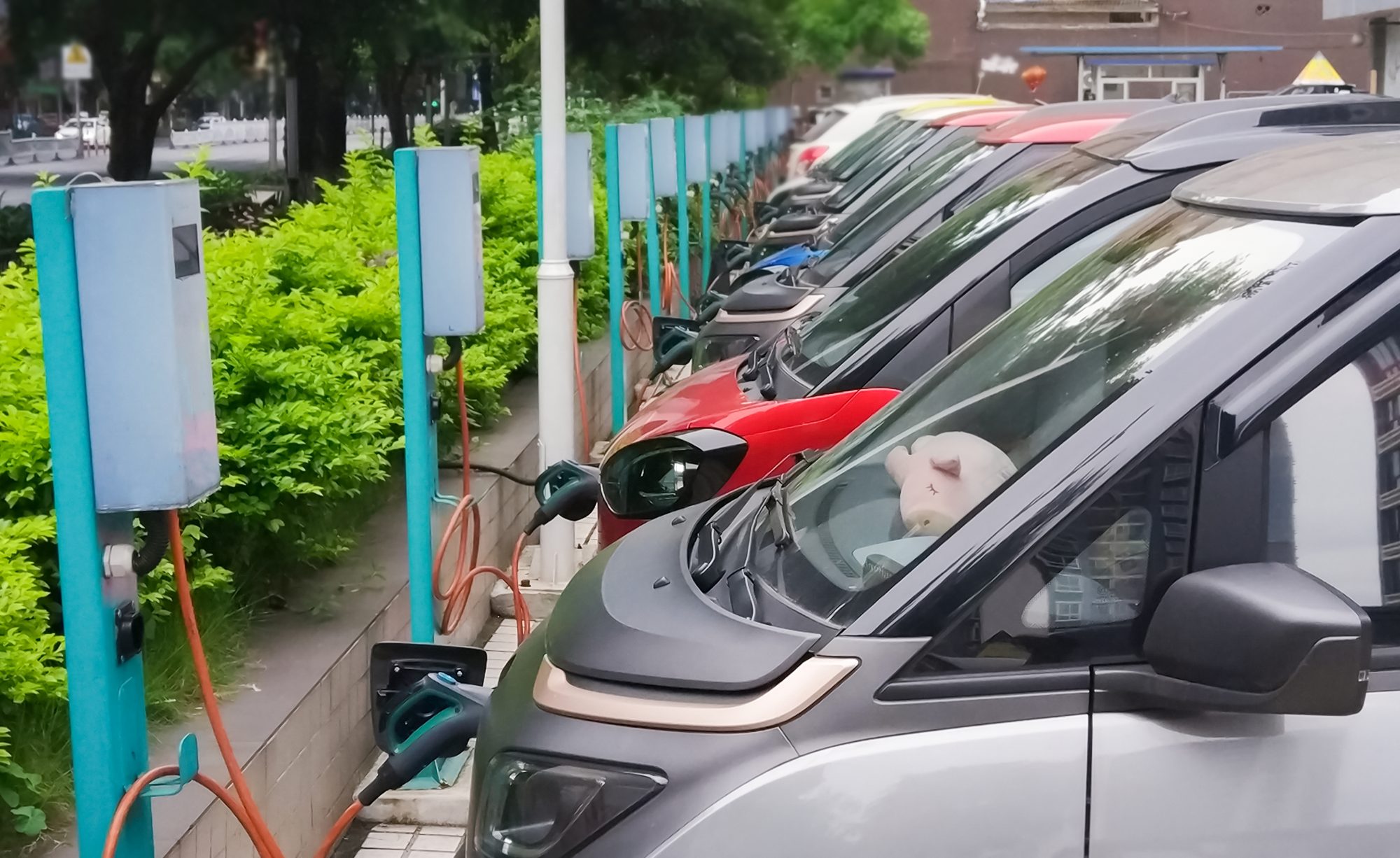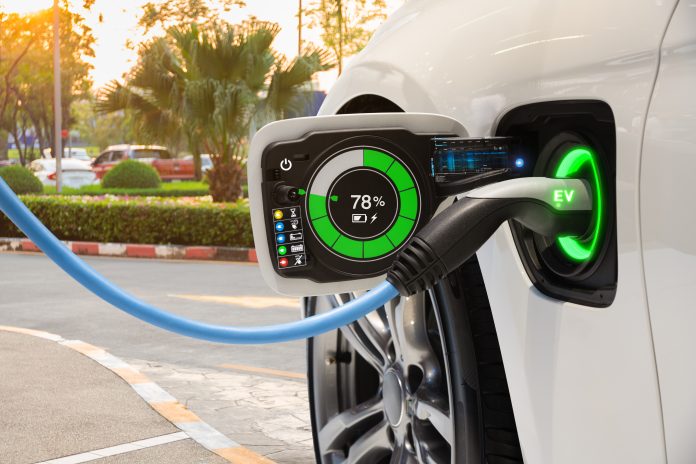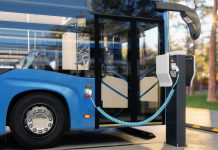Although EV sales currently make up only a small proportion of total road vehicles, sales figures across both EVs and petrol cars continue to converge, and it sends a clear message: the EV fleets are coming
With major manufacturers Audi, BMW, GM, Nissan, Volvo and VW pledging to invest a combined $150 billion over the coming years, it is clear that EVs are destined to make up a larger and larger part of the vehicles we will see on our roads. With all the climate benefits that uptake of EVs will have over the coming years, the promise of large-scale EV adoption begs the question: how will charging infrastructure keep pace with this demand?
“With major manufacturers pledging to invest a combined $150 billion over the coming years, it is clear that EVs are destined to make up a larger and larger part of the vehicles we will see on our roads.”
While exact figures vary, in October 2022, Zap Map statistics recorded 35,778 public EV chargers and over 1200 built over the month, in the UK alone. While large-scale futureproofing investment is returning after the pandemic, experts suggest that recent surges in energy prices could cast doubt on the strong growth that the EV charging industry has enjoyed until now. The question of whether charging infrastructure will be able to match the projected rise in EV ownership could come down to public reaction to energy price cap hikes.

Cost of Living Crisis, EV charging and EV fleets
Between congestion charge exemptions and the Benefit in Kind tax rate of just 2% on electric company cars, there are already numerous ways EV owners can save. Although charging an EV is typically cheaper than refuelling a petrol or diesel car, outrage surrounding recent rises in energy costs might shape the public perception of EV affordability. As the cost of entry to EVs continues to fall, and more variety of affordable vehicles becomes available, the question of charging affordability might just be the final hurdle before the floodgates are opened to affordable EV ownership across the country.
“Outrage surrounding recent rises in energy costs might shape the public perception of EV affordability.”
If consumers can’t be convinced of the affordability of hybrids and fully electric cars in the face of rising energy costs, then investors might not see the incentives to contribute to charging and infrastructural change. Such a relationship might be volatile to spiralling with supply and demand both hesitant to commit, lest they be left out in the cold. Crucial to this dynamic is clear messaging; Sales Manager Gary Frost from evec says:
“Data from RAC has shown that EVs actually cost just 9p per mile charged at home compared to a car doing 40 miles per gallon which was 19p a mile for petrol. Clearly the public aren’t fully aware of just how affordable EVs are – not to mention their contributions to cutting emissions.”
Affordable entry to the EV market
This is where affordable EV charging solutions come to save the day. By setting out with a goal to make EV charging affordable, EV charging manufacturer evec aims to remove barriers to entry for first time buyers – which could in turn regenerate investor interest. With affordable OZEV approved chargers, evec are looking to disrupt the space in all the right ways. With standard 7.4kWh domestic chargers, as well as commercial 22kWh chargers, evec’s chargers typically come in about £100 to £200 cheaper than some of the next most affordable options.

This work is licensed under Creative Commons Attribution-NonCommercial-NoDerivatives 4.0 International.











